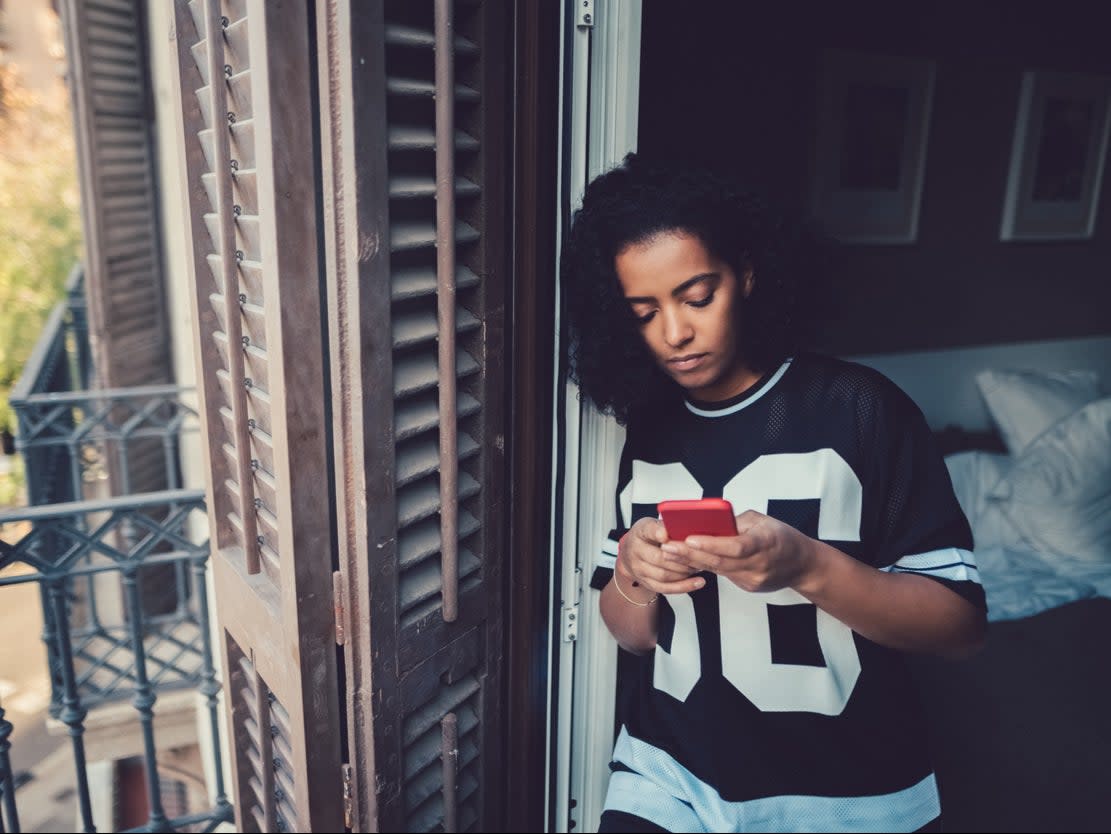One in three experience racial discrimination, fetishisation, or microaggressions when dating online

New research reveals that one in three people in the UK have experienced racial discrimination, fetishisation or microaggressions when dating online.
The survey carried out by dating app Bumble comes a year after the resurgence of the Black Lives Matter movement, and reveals the disturbing experiences some people have when dating in online spaces.
More than half (53 per cent) of people in the UK don’t have a clear understanding of what fetishisation is. Fetishisation is a sexual fascination with things that are not inherently sexual, such as race, gender, sexuality or body type.
Unsolicited fetishisation occurs when a person is reduced to a certain characteristic. People who experience this often find it profoundly dehumanising.
The research, which surveyed 1,004 adults in the UK, found that the groups most likely to experience fetishisation are men and women from mixed race backgrounds, with 50 per cent of women from mixed race backgrounds having experienced it.
The research also shows that nearly half (45 per cent) of Asian men have been fetishised, and a quarter (25 per cent) of black, Chinese and Arab men have been exposed to it as well.
A third of UK adults (33 per cent) have re-evaluated the way they approach race and equality in their relationships, which was described as “encouraging”, but the results of the survey highlight how fetishisation and discrimination continue to impact how people interact online.
Georgina Lawton, author of Raceless, said: “When a person is fetishised it can be detrimental to their mental health and self-esteem. With research from Bumble revealing that over half of people in the UK unaware of what fetishisation actually is, it’s important to start discussions around this topic, so that those affected can date freely while feeling safe and without worrying about microaggressions, and others can ensure they do not perpetuate harmful stereotypes.
“Too often these issues are overlooked, so i’m pleased to be working with Bumble and raising awareness of the issue.”
Naomi Walkland, head of UK and Ireland at Bumble, said: “As a popular dating app, we have the responsibility to shed light on issues such as unsolicited fetishisation and the dehumanising and negative impact it can have, both online and offline.
“We believe in being explicit about the behaviour that is not welcome on Bumble and encourage our community to block and report anyone who exhibits fetishisation or any other sexually harassing behaviour on the app.”
In order to combat racially-motivated behaviour, the dating app uses automated safeguards to detect comments and images of hate speech, hate symbols and harassment.
These can be escalated to a moderator who can review the offensive material and share resources intended to help the reported individual learn how to change their behaviour.
Read More
‘I cannot mentally comprehend rescheduling our wedding for a fifth time’

